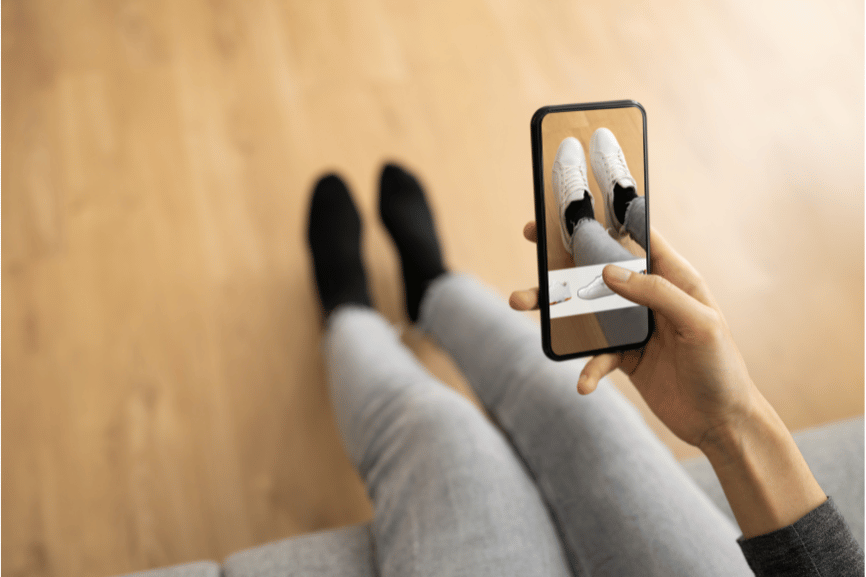Virtual reality (VR) is changing how we interact with websites, offering new and immersive experiences. Here’s how VR could transform websites:
1. Online Shopping
- Virtual Stores: Users can explore 3D models of products in a virtual store, seeing items as if they were in a physical shop.
- Try Before You Buy: Shoppers can virtually try on clothes, accessories, or even makeup, seeing how they look in real-time.
2. Virtual Tours
- Real Estate: Buyers can take virtual tours of homes, exploring properties from anywhere in the world.
- Travel: Travelers can experience virtual tours of cities, hotels, or landmarks before booking a trip.
3. Education
- Virtual Classrooms: Students can engage with interactive lessons in VR, exploring historical sites or scientific simulations.
- Job Training: VR can be used for safe, hands-on training in fields like medicine or manufacturing.
4. Entertainment
- VR Movies and Concerts: Users can watch movies or attend concerts in VR, feeling like they’re part of the event.
- Interactive Stories: News and media sites can offer VR stories where users explore and interact with different perspectives.
5. Social Interaction
- Virtual Meetups: People can meet and interact in virtual spaces, like cafes or conference rooms, through social media platforms.
- Virtual Events: Conferences and trade shows can be hosted in VR, allowing global participation.
6. Healthcare
- Virtual Doctor Visits: Patients can meet doctors in a virtual environment, making telemedicine more interactive.
- Therapy: VR can be used for therapies, like exposure therapy, in a safe, controlled environment.
7. Architecture
- Design Walkthroughs: Architects and clients can explore 3D models of buildings in VR before construction begins.
- Interactive Blueprints: Stakeholders can walk through digital versions of construction projects.
8. Games and Fun
- Interactive Experiences: Websites can use VR to create engaging games, like virtual treasure hunts or puzzles.
- Learning through Play: Educational sites can offer fun, immersive VR games to make learning more engaging.
9. Art and Culture
- Virtual Museums: Users can take virtual tours of art galleries and museums, exploring exhibits in 3D.
- Historical Exploration: VR can recreate historical sites, allowing users to explore different eras and cultures.
10. Customer Support
Virtual Help: Websites can offer VR customer support, where users interact with virtual assistants in 3D, making problem-solving easier.




